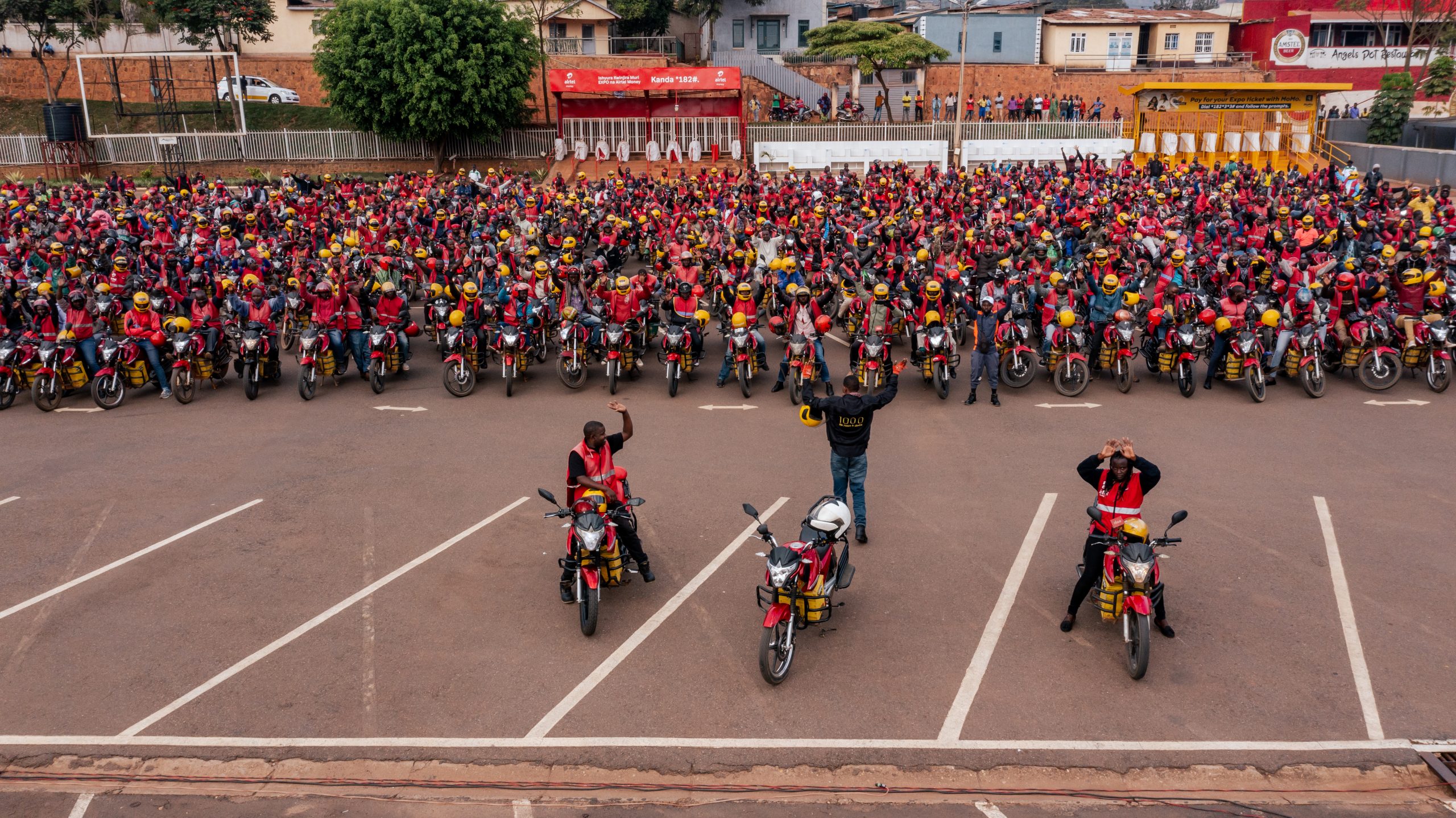Ampersand, Africa’s premier integrated e-mobility dealer, has announced that it has reached a milestone of 1,000 electric motorcycles operating in Kenya and Rwanda.
With the launch of its first electric motorcycles and battery swap stations four years ago, Ampersand now boasts over 1,000 commercial-use electric motorcycles on the roads of both countries, surpassing all other electric motorcycle companies in Africa. The company has ambitious plans to expand its fleet to 3,000 motorcycles by the end of 2023.
Alp Tilev, co-founder and Chief Technology Officer of Ampersand, expressed pride in the company’s achievement. He stated, “Our e-motos have been embraced by the community as a reliable, climate-friendly, and cost-effective mode of transportation. We are scaling up local production of our battery packs to meet the growing client demand for our e-motos while continually innovating to provide a more sustainable public transport option for East Africans.”
Central to Ampersand’s success is its network of 25 battery-swap stations located across Kenya and Rwanda. These stations allow riders to replace depleted batteries with fully charged ones in just two minutes, the company says in a statement.
“Ampersand exclusively collaborates with commercial delivery and taxi motorcycle drivers, who experience a 50% increase in earnings compared to using petrol bikes, thanks to savings on fuel and maintenance costs. Moreover, this transition results in a significant reduction in harmful carbon emissions,” the company says.
The company’s commitment to research and development has been instrumental, as it is the only enterprise in Africa to commercially develop and manufacture battery packs for motorcycles. This accomplishment not only fosters green job creation but also enables Ampersand to combine its battery pack with cost-effective swap stations and battery fleet software backend. As a result, Ampersand riders spend less per kilometre than users of fuel-powered motorcycles or any other electric motorcycle currently available.
Transportation stands as a significant contributor to global greenhouse gas emissions. Achieving sustainable mobility for all is one of the United Nations Sustainable Development Goals (SDGs), crucial for limiting global warming to 1.5 degrees Celsius above pre-industrial levels by 2050.
Electrification not only reduces emissions but also brings forth additional benefits such as reduced air and noise pollution, cost savings for African economies, riders, and commuters, and a more resilient transportation sector that is less dependent on volatile energy markets.
Josh Whale, co-founder and CEO of Ampersand, emphasized their belief in the future of e-mobility in Africa, striving to make it accessible to as many people as possible.
He acknowledged the crucial role played by their partnerships with fuel network operators like Total Energies and SP, which have facilitated the expansion of their network and enabled them to reach new customers.
“These partnerships are instrumental in building a low-carbon future for the continent’s existing transport energy infrastructure,” Whale said. He noted that positive electric vehicle (EV) policies in East Africa, particularly in Rwanda and in Kenya, have created an enabling environment for Ampersand’s growth.
The company looks forward to increasing the number of e-motorcycles, contributing to the development of sustainable public transport systems for future generations.
As Ampersand continues to revolutionize the transportation sector in Africa, it serves as a pointer to the viability of clean mobility in the region. The company is driving change by reducing emissions, improving air quality, and fostering economic growth.
